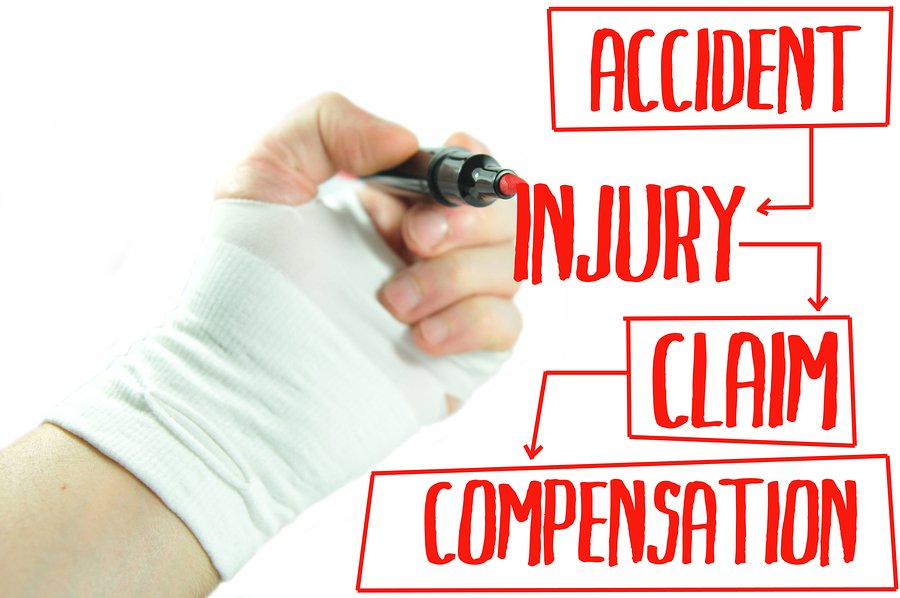The first thoughtsthat may cross your mind are “I need medical treatment,” or “I don’t have time to deal with this now”. Add to that the fact that your ability to be compensated for your injuries and losses exists in a labyrinth of legal terms and rules unfamiliar to most people.
The fact is, most people have never been a party to a personal injury lawsuit. You can live your whole life and not need the services of a lawyer regarding an accident or injuries received from a fall. When it happens, you are completely unprepared. The insurance company contacts you and assures you that theyhave your best interests at heart. Unfortunately, THEY DO NOT.
Wisely, you make the informed decision to hire a lawyer to lead you through this unfamiliar process. But what do all of these legal terms mean and how do they relate to your situation?
It’s a familiar scenario…
You’ve never been involved in a personal injury case, and you have no idea how this will go. You may have thought the insurance company would handle everything for you. Now you need someone to look out for your interests and your interests alone, not to protect their own company as well.
You’ve made a good decision to hire a lawyer, but what does this all mean? You know personal injury is different from criminal law, but that’s about it.
Basic Terms of Personal Injury Law Cases:
Personal Injury Case
A personal injury case is somewhat self-explanatory, but it doesn’t tell the whole story. When you are injured by the negligence of another person or a company, you have a claim against them for your losses. Truthfully, they owe you for what their negligent actions caused. The question is… how do you get them to pay that debtand make you whole again?
Filing a Claim
The first thing that needs to happen is that the negligent party’s insurance carrier gets notified of your loss and their insured’s negligence. When they are notified, the insurance carrier will open a file regarding your claim and assign an adjuster. The adjuster’s job is to evaluate your claim by determining whether or not their insured was negligent and, if so, the value of your loss. Make no mistake; the adjuster’s job is to save the insurance company on its bottom line, not to pay you money.
Once a file is open, the adjuster will probably reach out to speak with you about the circumstances surrounding your injury. They will ask where you are receiving your medical treatment, and about any damage to your property. These conversations are usually recorded so you must be mindful of what you say. It is always better to get the advice of a lawyer before you speak directly to someone working for the insurance company.
Lawsuit
A lawsuit takes your case from a matter between two parties to a public matter which will be litigated according to the civil statutes and Court Rules of Procedure. A typical personal injury case begins when an individual (the “Plaintiff”) files paperwork with the court that alleges wrongdoing by another person or a business (the “Defendant”).
This paperwork is referred to as a Complaint. The complaint must allege that the Plaintiff was injured, that the Defendant was somehow at fault, and that the Plaintiff is entitled to legal or equitable remedy. Once the Plaintiff has filed the complaint with the court and serves the Defendant, the Defendant is required to respond and serve the Plaintiff with an Answer within 30 days.
Settlement
A settlement in a lawsuit is when an agreement is reached between the parties. Normally, settlements involve the payment by one party (Defendant) to satisfy the claims of the other party (Plaintiff). Once settlement is reached the lawsuit is dismissed.
Settlements are often encouraged by the courts in order to protect parties from unnecessary time and expenses involved with a trial. However, sometimes settlement is not possible and the case proceeds to trial.
Plaintiff
This is the injured party, the person who was wronged. Sometimes it is the Personal Representative of someone’s estate, in the case of a wrongful death or survival action. The Plaintiff is the party that files a lawsuit and has the burden of showing that the other party (the Defendant) was negligent, at-fault, and responsible for the Plaintiff’s injuries.
Defendant
This can be an individual or a corporation who is accused by the Plaintiff, of acting in a negligent manner and that their negligence caused the Plaintiff’s injuries and losses. Once served with the Summons and Complaint filed by the Plaintiff, the Defendant has 30 days to serve an answer on the Plaintiff.
An Answer is simply a reply to the allegations set forth in the Complaint. The Defendant can agree, agree in part, or completely disagree with the facts set forth in the Plaintiff’s complaint. In addition, the Defendant can make allegations of their own against the Plaintiff. For instance, a defendant may claim that any negligence on their part is outweighed by the negligence of the Plaintiff. This is referred to in South Carolina law as a comparative negligence defense.
Another example would be if the Defendant believed that they were actually the party which was harmed by the Plaintiff. In which case, the Defendant would include in their Answer allegations of wrongdoing by the Plaintiff and damages suffered by the Defendant as a result of that wrongdoing. This is referred to as a Counterclaim.
Statute of Limitations
This is the time period in which a lawsuit must be filed. If an injured party fails to file a lawsuit within the prescribed time period, they lose all legal recourse to sue the individuals who hurt them. Every civil action has a corresponding statute of limitation.
Generally in South Carolina, a claim for a personal injury (such as a car wreck ) has a 3-year statute of limitations. However, there are situations where an injured individual has even less time. The clock starts to run on the statute of limitations when the Plaintiff knew or should have known about the loss.
Complaint
Simply a piece of paper that contains allegations of wrongdoing by the Defendant. This document (along with the Summons) institutes a lawsuit, when filed with a court.
Prayer for Relief
Contained in the Complaint. This is where the Plaintiff explains to the Court and to the Defendant what the Plaintiff is asking for the Court to do. This would include an award for damages and/or specific performance (ie- ordering the defendant to do something).
If the Plaintiff is asking for money damages, they have the option of listing a specific amount or for general damages, to be determined by the court or the jury.
Negligence
Every action we take in life can affect other people. For instance, if you are driving down the road, you must take care to obey the speed limit, keep your car in the proper lane of traffic and stop at stop signs. These rules are understood by all reasonable people. However, when someone deviates from the ordinary care that a reasonable person would exercise, that person is acting in a negligent manner.
If the negligent actions of Person A injure Person B, then under the law Person A is responsible for paying all foreseeable damages suffered by Person B. However, if Person B suffers no damages, then Person A owes them nothing. A Plaintiff cannot collect in a lawsuit unless:
- there was a duty to act with care;
- there was a breach of that duty; and
- that the breach of that duty caused the Plaintiff to suffer damages
Damages
“Damages are given as a compensation, recompense, or satisfaction to the plaintiff, for an injury actually received by him from the defendant.” Birdsall v. Coolidge, 93 U.S. 64 (1876)
Compensatory Damages (or actual damages)
This type of damages refers to the monetary amount needed or awarded to fully compensate the Plaintiff for his injuries and losses. This includes medical bills, future medical bills, lost wages, pain and suffering, mental anguish, etc.
Punitive Damages
“The purposes of punitive damages are to punish the wrongdoer and deter the wrongdoer and others from engaging in similar reckless, willful, wanton, or malicious conduct in the future.” Clark v. Cantrell,, 339 S.C. 369, 529 S.E.2d 528 (2000)
Unlike Compensatory Damages, which are meant to compensate the Plaintiff for their losses, punitive damages are meant to punish the Defendant. Punitive awards exist to set an example and punish Defendants who act in a reckless, wanton or malicious manner.
To receive a punitive award the Plaintiff must prove by clear and convincing evidence that punitive damages are appropriate. In South Carolina, to receive punitive damages, the plaintiff must first be awarded actual or nominal damages. The reason for this requirement is founded in the premise that a plaintiff must prove the defendant’s liability to receive a punitive award.
Pain and Suffering
When deliberating, a jury must consider and compensate a Plaintiff for their pain and suffering. This can be difficult and somewhat ambiguous. However, thejury only has the ability to award money for damages suffered by the Plaintiff. Pain and suffering fall under the umbrella of compensatory damages.
Need help with a personal injury case?
As you can tell, what may start as a “simple” auto accident claim quickly becomes a maze full of legalese and other pitfalls. All of which must be conquered within a limited amount of time. Like any unknown territory, it is best to hire a guide to lead the way.
This is why it is so important to contact a SC personal injury lawyer to discuss your situation. Most lawyers do not charge a fee to meet with injured parties to discuss their cases. So, if you are injured, take the time to meet with a lawyer before you venture on alone.
Give Andrew Brown a call at 803-343-3333 for a free consultation or contact us through our online form. We’re here to help and look forward to hearing the details of your case.
Ready To Speak With An Attorney?
Get your case evaluated by a real attorney at no cost to you.

